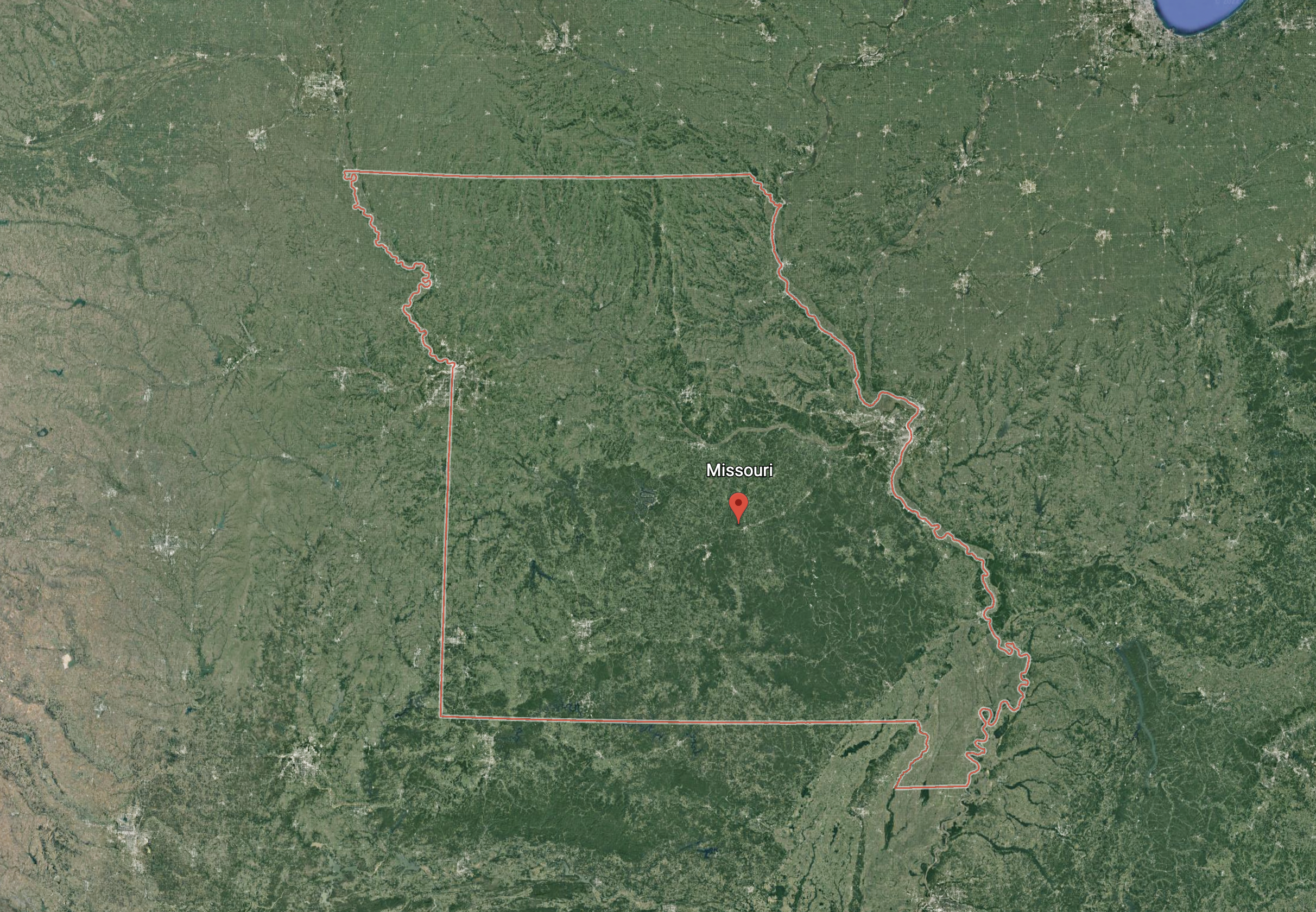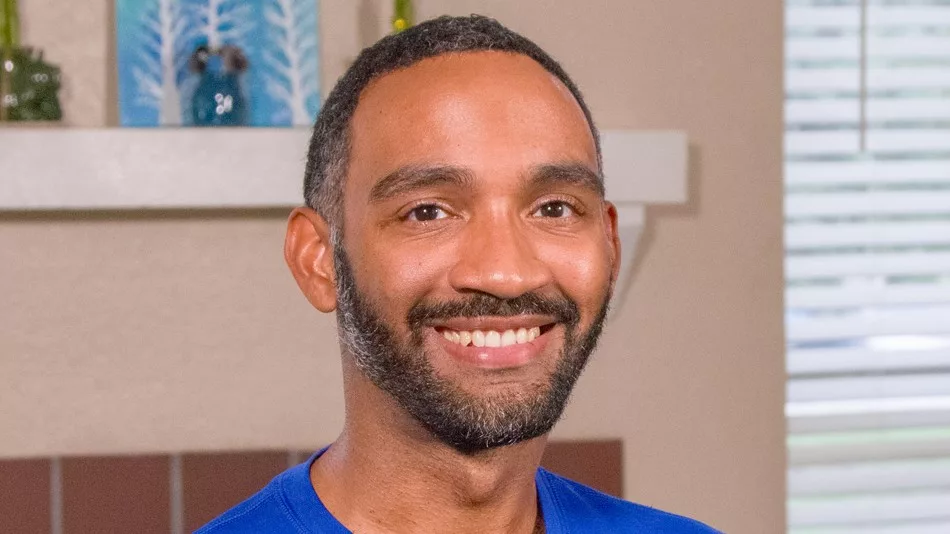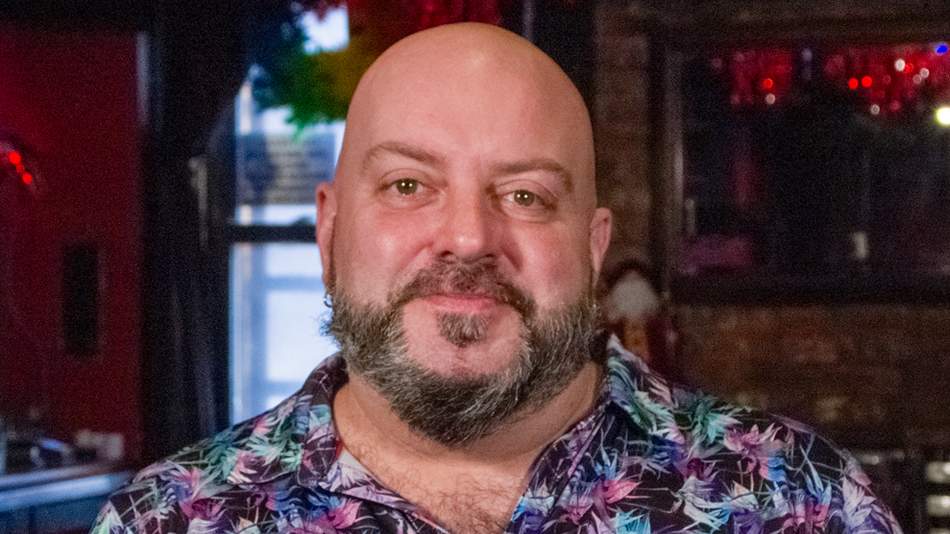
Each time I approach Exit 100 on I-44 to drive into my hometown, Marshfield, MO, my heart beats fast enough to move the car without my depressing the gas pedal. Yes, twenty years after finishing high school there, with academic honors and social disgrace (no friends and an abusive home life), spending hours and hours at the public library for safety and nourishment, and after living away all this time, I still grow nervous just approaching the town, all my history there coming back to flood, drown, take me down. Actually entering and being there is often so anxiety-ridden that I cannot wait to leave, obviously, sadly, again my heart moving the car toward the highway to travel north back to my present home, outside Chicago.
You see, when I was growing up in Marshfield in the late ‘80s and early ‘90s, I remained in a state of terror. I had fantasies of groups of persons—I don’t know what to call them: hate-mongering “vigilantes” perhaps?— coming to get me, to take me by force from the house to eradicate a plague by witch burning, beatings with tire irons, shootings with the guns boys and men kept on racks in the backs of their trucks, “their women” (whom they held by the backs of their necks while walking down the streets) cheering them on, a local minister giving his blessing, the police standing guard. This never physically happened, of course, but it wasn’t then, and isn’t now, so fantastical, actually. You see, the person who tortured me most, who led the high school possesses to find me—yes, I’ve used the word tortured and not bullying, which I think is a “nice” word for harassment, punishment, beatings, cruelty, murder, and torture—some “child’s play” that goes away when “it gets better”—is now a “high ranking” official in the local police department. He can have his way. He always has.
To visit my mother or a beloved teacher or that good, safe library, I must drive the streets knowing he “might-could” be the one in the cop car about to pull me over. What can happen? What happened in high school? The screaming in my ear of ‘faggot,’ ‘queer,’ and/or ‘I’m gonna kill ya’? in the hallway while walking to class? A punch in the chest or arm or face with another epithet—this time done with a club or maybe a bullet for “resisting arrest”—just existing? Nothing can be done about him. He is a large part of the local power structure—for life; I am, conversely, the unwelcome other, the presence unwanted, the holiday ruined—for life.
And I love the land: the rolling hills and deep valleys of the Missouri Ozarks; the animals of all kinds wandering the country-side to play with; the ancient smell of those mountains; the tress I can still talk to on a walk undetected; the abandoned barns through which to crawl, though you shouldn’t; the required wave—even, maybe especially, to strangers—from the steering wheel, often just a few fingers, while driving down any road; that library; a peach pie bought at the farmer’s market any summer Thursday, homemade in a kitchen full of some kind of love.
And I will not give it up. I will continue to return to Marshfield, to drive there alone, be there, afraid of a real, ever-present, and always possible violence, just to be in that land that, yes, can be taken away however much the heart beats to move the car or myself from the harm of drowning by any means.






Share